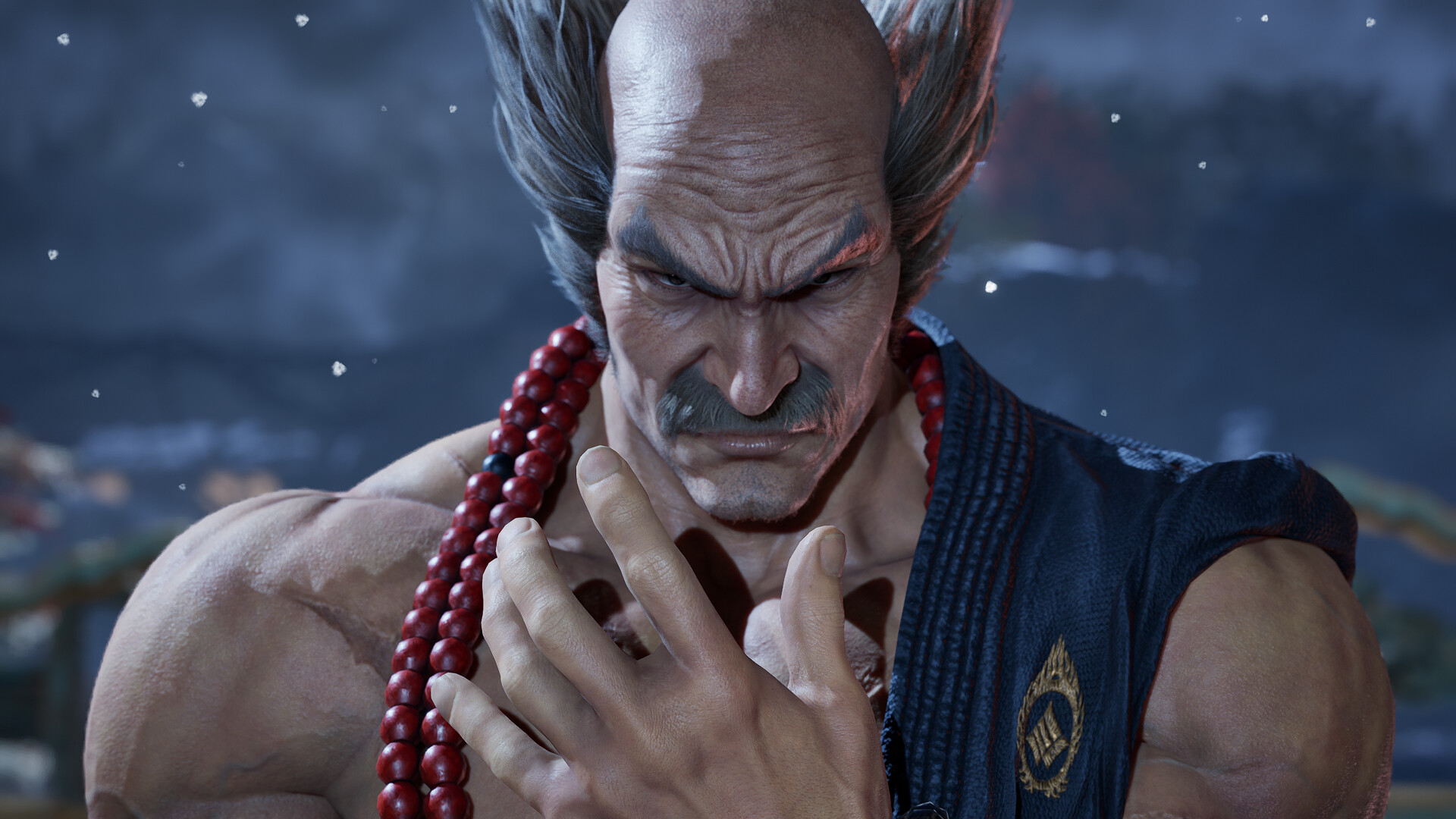By and large, PC gamers hate Denuvo, the controversial DRM software that has become the industry standard for anti-piracy protection. It seems that Denuvo is now trying to rehabilitate its image with a big PR campaign led by product manager Andreas Ullmann, who’s making the interview circuit while trying to improve the company’s image among gamers.
“I think it’s super hard for a gamer,” Ullmann tells Rock Paper Shotgun. “I’m a gamer myself, and therefore I know what I’m talking about. I think it’s super hard to see, as a gamer, what is the immediate benefit for me that a certain game developer, game publisher, is using our anti-piracy services.” This gap, coupled with the fact that Denuvo “simply works” and “pirates cannot play games” which use it, as Ullmann puts it, are two main contributors to its negative reputation, he argues.
Ullmann cites a new study suggesting that piracy can take about 20% of a game’s revenue. “If I, as a gamer, would read that, I see: okay, then these big corporations are just making even more money.” Ullmann says that with budgets for AAA games in the hundreds of millions, publishers are looking for “insurance” in forms like Denuvo. “Again, this does not have an immediate benefit for me as a player. But if you look further, the more successful a game is, the longer it will get updates. The more additional content will come to that game, the more likely it is that there will be a next iteration of the game. That’s basically the benefits that we offer to the average player.”
I don’t want to just sit here and poke holes in Ullmann’s argument from afar, but by his own admission it’s going to be tough for gamers to consider the idea that maybe Denuvo will help publishers line their pockets enough to ensure updates for everybody’s favorite games.

As for the material complaints about Denuvo, namely that it negatively affects performance in the games that utilize it? “There are valid cases,” Ullmann admits, “especially when we are talking about the one that comes up on a regular basis: Tekken 7. That was also confirmed by the technical producer back in the day on Twitter.”
Ullmann continues, “Thing is, I think it’s important to understand how our solution works. And it’s also worth considering, because when these performance claims come up, it’s mostly this Tekken case that is referred to. But considering that we are protecting 60 to 70 games every year, it’s quite interesting to see that there is only – if even – a handful of games where there was an effective performance impact cost. That’s really just a minority.”
The biggest part of Denuvo’s new PR campaign is a Discord channel for players to reach out and talk to the people behind the DRM. It’s, uh, gone about as well as you might expect. The task of moderating a bunch of DRM-hating folks is too much for the server to run 24/7, so the admins are regularly closing and reopening discussion day by day.
We’re reaching the point where even major publishers are ditching Denuvo as a quick PR win, as just last week it was announced that Dragon Age: The Veilguard was going without DRM because “we trust you.” If even EA is going for the anti-Denuvo PR buff, I’m not sure how much this whole Denuvo redemption tour is going to win in the end.






















+ There are no comments
Add yours